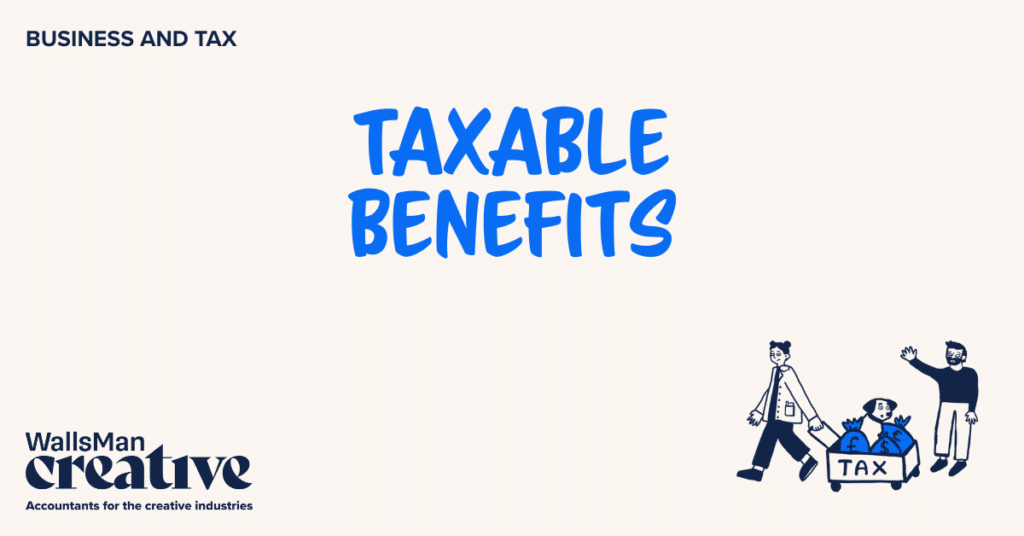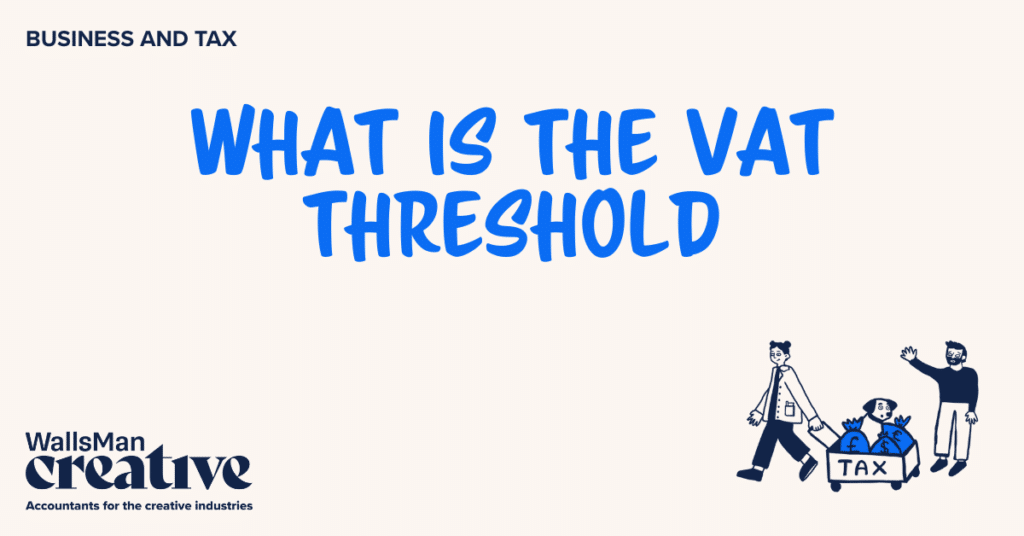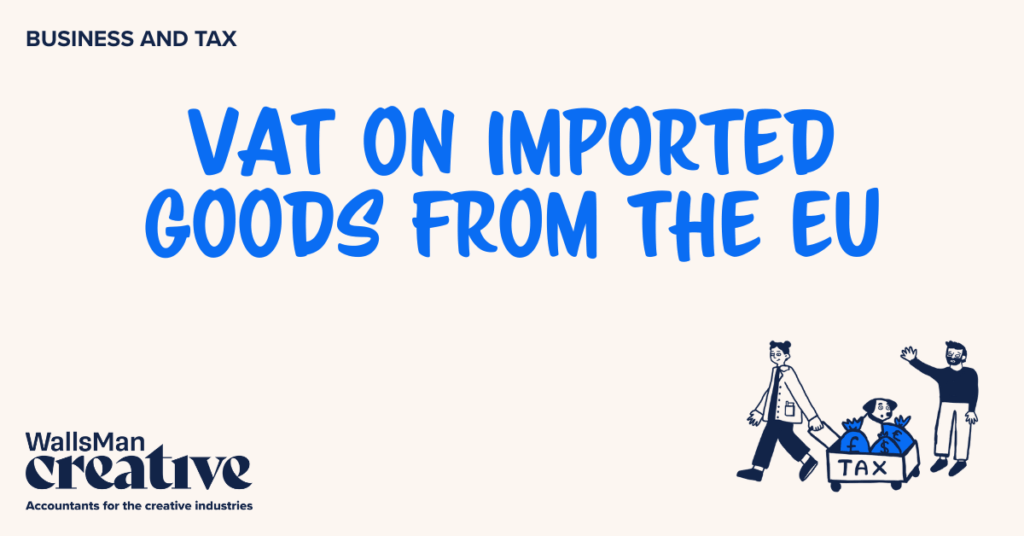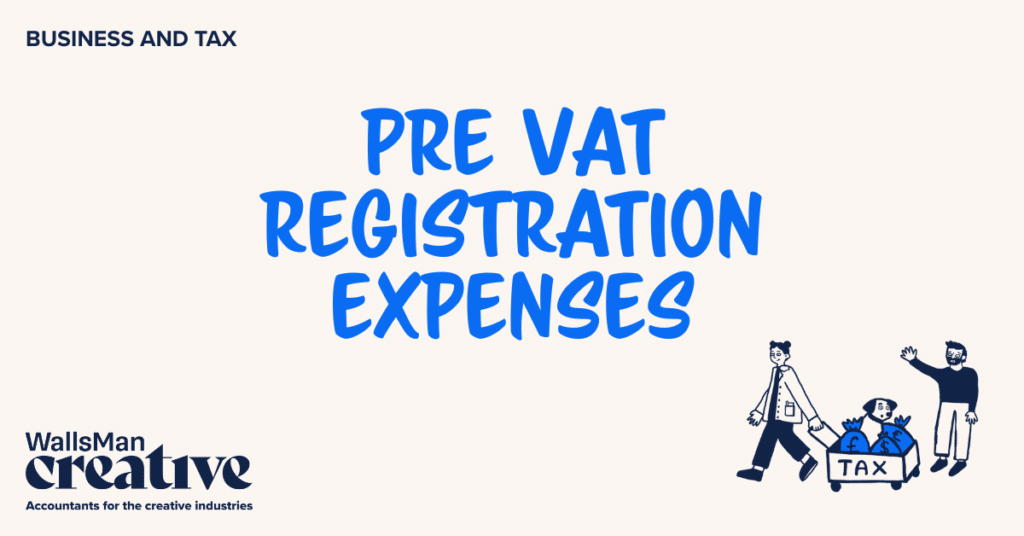Taxable benefits are non-cash rewards or payments that have a value and are treated as part of your income.
These can include:
- state benefits
- perks from an employer
- certain allowances.
Taxable benefits exist because the government treats them like income. They increase the value of what you receive from your employer or from the state, so they are taxed in the same way as your salary or wages.
There are also non-taxable benefits, and they are different because they are designed to support specific needs.
Key Takeaways
- Taxable benefits are non-cash rewards or payments that are treated as income.
- They include state pensions, jobseeker’s allowance, carer’s allowance, statutory pay, and employer perks like company cars or private medical insurance.
- Some benefits such as Universal Credit and Child Benefit are not taxable, although high earners may face the High Income Child Benefit Charge.
- Tax is usually collected through the PAYE system, with HMRC adjusting your tax code to reflect benefits.
- Employers must report benefits using P11D and P11D(b) forms, due by 6 July after the tax year.
Table of contents
1. Which benefits are taxable in the UK?
Some benefits you receive are treated as part of your income and are subject to tax. Knowing which benefits are taxable helps you avoid unexpected tax bills and plan your finances. This section lists the main taxable benefits in the UK and answers common questions.
Taxable benefits list
- State Pension
- Jobseeker’s Allowance (JSA)
- Carer’s Allowance
- Contribution-based Employment and Support Allowance (ESA)
- Incapacity Benefit (from the 29th week)
- Bereavement Allowance (formerly Widow’s Pension)
- Widowed Parent’s Allowance
- Pensions from the Industrial Death Benefit scheme
- Statutory Sick Pay
- Statutory Maternity Pay
- Statutory Paternity Pay
- Statutory Adoption Pay
- Employer-provided benefits in kind (company cars, private medical insurance, interest-free loans, etc.)
- Fuel for private use in a company car
- Employer-provided accommodation (unless exempt)
- Private use of company assets
- Accountancy fees paid by your employer
FAQ about employment benefits
Child Benefit itself is not taxable. However, if you or your partner earn more than £50,000, you may have to pay the High Income Child Benefit Charge. This effectively reduces or cancels out the benefit through a tax charge.
Most retirement benefits are taxable. The State Pension is taxed as income. Private pensions and employer pensions are also taxable, although you can usually take a 25% lump sum tax-free.
No, Universal Credit is not a taxable benefit. It is not treated as income for tax purposes, so you don’t pay tax on it.
2. How are taxable benefits reported and taxed?
Taxable benefits are usually taxed through the Pay As You Earn (PAYE) system.
HMRC adjusts your tax code to reflect the value of the benefits. This means you pay tax on them as part of your wages or pension. If you receive benefits from your employer, they must report the details to HMRC using a P11D form at the end of the tax year.
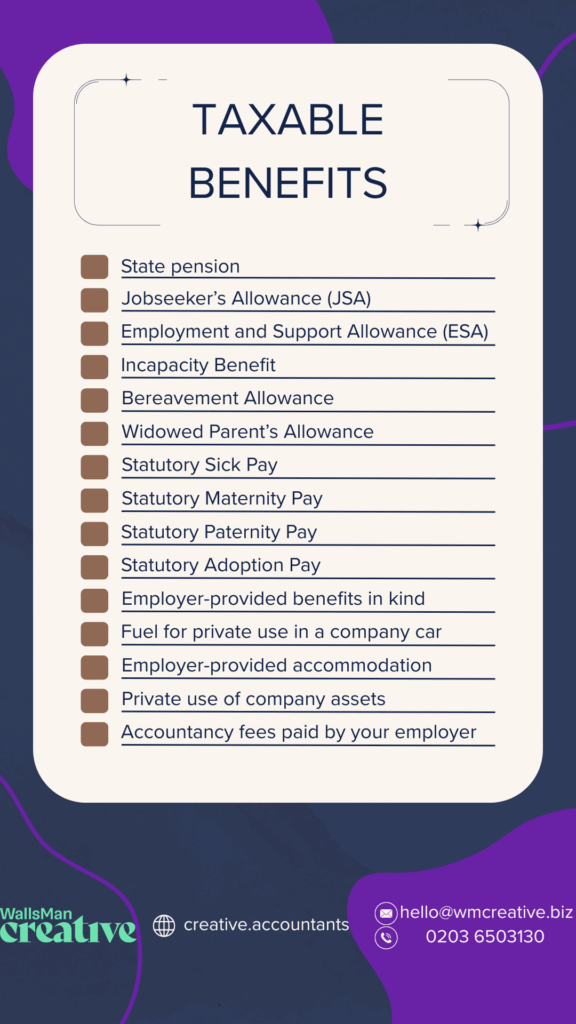
Employers also have to submit a P11D(b) form if they owe Class 1A National Insurance on the benefits they provide. The deadline for these forms is 6 July after the end of the tax year. (You can check other tax deadlines on our blog.)
Some employers use payrolling of benefits, which means the value of your benefits is added to your pay each month, and tax is collected automatically. From April 2026, payrolling will become the default method for most taxable benefits.
It’s the employer’s job to report benefits correctly, but it’s still a good idea to check your payslip and P11D to make sure the details are right.
3. Check taxable and non-taxable payments and benefits with WallsMan Creative
Taxable benefits are payments or perks you get from your employer or the state that count as part of your income. They include things like the State Pension, company cars, or private medical insurance. Some benefits, like Universal Credit or Attendance Allowance, are tax-free.
You pay tax on your benefits through PAYE, and they can affect your tax code. Your employer is responsible for reporting them, but it’s still a good idea to check your P11D or payslip to make sure it’s right.
Got a question about your taxable benefits?
Don’t wait – get in touch with HMRC or a tax adviser at WallsMan Creative to make sure you’re paying the right amount. It’s your money, so make sure you’re in control of it.
